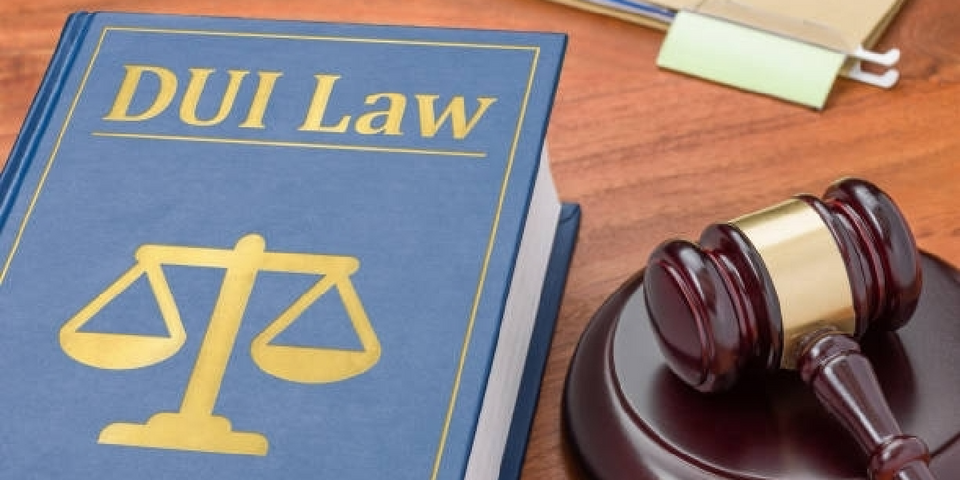The Difference Between OUI and DUI: What You Need to Know

Driving under the influence (DUI) is a serious offense that carries steep penalties in many states. If you’re facing DUI charges, it’s important to understand what you’re up against and how to mount an effective defense with your lawyer. But what about other related charges, like operating under the influence (OUI) or driving while intoxicated (DWI)? What are they, and how do they differ from DUI?
The Difference Between OUI and DUI: What You Need to Know
What is an OUI?
An OUI is a criminal offense that’s similar to DUI, but it’s used in some states and municipalities instead of DUI. In Anchorage, AK, for example, the term OUI is used instead of DUI. OUI stands for operating under the influence, and it’s a crime to operate a motor vehicle while under the influence of drugs or alcohol. If you’re caught driving with a blood alcohol concentration (BAC) of 0.08% or higher, you can be charged with OUI while in the municipality of Anchorage.
What is a DWI/DUI?
A DWI is another term that’s used interchangeably with DUI in some places. It stands for driving while intoxicated, and it’s a criminal offense to operate a motor vehicle while under the influence of drugs or alcohol. The penalties for DWI can vary widely depending on the state and the circumstances of the offense. For intoxicated driving charges outside Anchorage, but within Alaska, the term DWI may be used.
If you’re facing charges for OUI, DUI, or DWI, it’s important to seek the help of an experienced lawyer. A lawyer who handles OUI, DUI, and DWI cases can help you understand your rights, build a strong defense, and minimize the impact of the charges on your life.
If you need a lawyer to help you navigate your OWI case, consider. Law Office of Steven J. Priddle. They have the experience and expertise to help handle your case. Located in Anchorage, AK, they’re committed to providing their clients with the highest level of legal representation. Call today at (907) 339-9572 to schedule a consultation, or visit their website for more information.
The materials contained in this article are intended for informational purposes on legal issues only and are not legal advice.
About the Business
Have a question? Ask the experts!
Send your question

